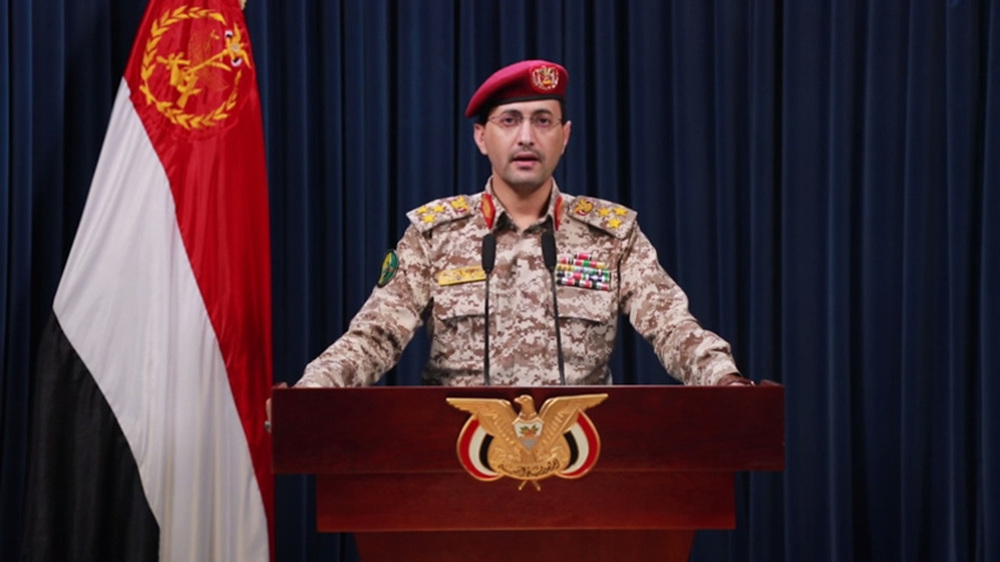Three Saudi soldiers killed in clashes with Yemeni army in border areas
At least three Saudi soldiers have been killed in clashes with Yemeni forces in border areas of the war-ravaged country, a report says.
Saudi Arabia’s pro-government Shohada al-Vajeb (Martyrs of the Military Service) group, which keeps track of Saudi military personnel killed since 2009, announced the news on its twitter account on Sunday.
The group identified the troopers as Abdullah bin Mubarak, Ali Salem al-Ghamedi and Mohammad bin Faye al-Za’bi, who were all killed on the “southern borders.”
Saudi authorities rarely admit the kingdom’s military casualties. The kingdom has a policy of withholding information on the casualties it has suffered during the war on Yemen.
A report by Reuters published in April last year said that at least 400 Saudi soldiers had been killed in the cross-border fire since the start of the Saudi aggression against Yemen more than two years ago.
In early April, Arabic-language Yemen Watch news agency reported that nearly 120 Saudi troopers had been killed in dozens of sniper operations carried out by Yemeni army soldiers, backed by fighters from allied Popular Committees.
Meanwhile, Yemen’s Arabic-language al-Masirah television network, citing an unnamed military official, said that Yemeni forces, backed by fighters from the Houthi Ansarullah movement, launched an attack against Saudi-led mercenaries in Hays area in Yemen’s western province of Hudaydah.
It added that the attack inflicted heavy human and material losses on the invading troops.
Other reports said that the Yemeni soldiers managed to destroy at least three Saudi-led military vehicles.
Saudi Arabia and some of its allies, including the United Arab Emirates, Morocco, and Sudan, launched a brutal war against Yemen in March 2015 in an attempt to reinstall Yemen’s former president Abd Rabbuh Mansur Hadi and crush the country’s popular Houthi Ansarullah movement, which has played a significant role, alongside the Yemeni army, in defending the impoverished nation.
The aggression initially consisted of a bombing campaign but was later coupled with a naval blockade and the deployment of ground forces to Yemen. Some 15,000 Yemenis have so far been killed and thousands more injured.
More than 2,200 others have also died of cholera, and the crisis has triggered what the United Nations has described as the world’s worst humanitarian disaster.
The imposed war has also taken a heavy toll on the country’s infrastructure, destroying hospitals, schools, and factories. The UN has said that a record 22.2 million Yemenis are in dire need of food, including 8.4 million threatened by severe hunger.
Some Western countries, the United States and Britain in particular, are also accused of being complicit in the ongoing aggression as they supply the Riyadh regime with advanced weapons and military equipment as well as logistical and intelligence assistance.
VIDEO | Australians rally for Gaza ahead of Christmas festivities
VIDEO | Attacks on Sana'a
Iran reports further drop in annual inflation rate in December
Israel indicts two settlers over suspected spying for Hezbollah
Iran: US airstrikes on Yemen war crimes, violation of international law
Yemeni armed forces down F-18 fighter jet, repel US-UK attack: Spokesman
Iran warns against US-Israeli plot to weaken Muslims, dominate region
VIDEO | Public uproar in US against Israeli regime














 This makes it easy to access the Press TV website
This makes it easy to access the Press TV website